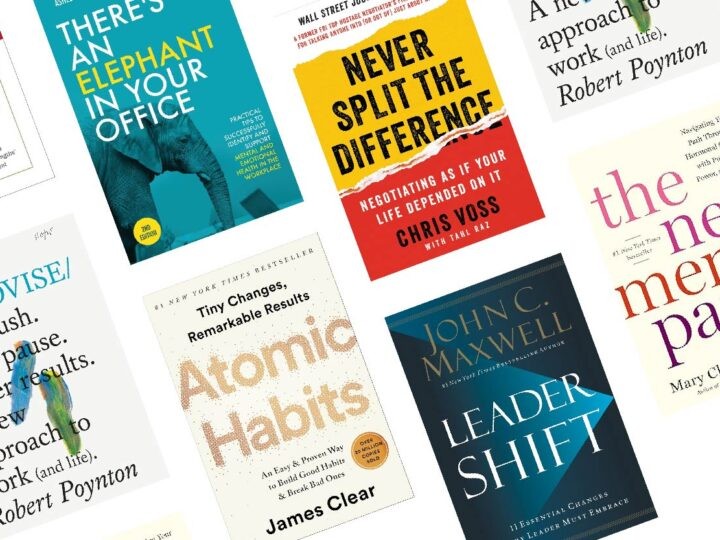 In the well-being industry, we love millennials and Generation Zers for their devotion to all things healthy. They participate in workplace well-being programs at higher rates than older colleagues, and they’ll never say no to a good step challenge. But recent studies show it’s not only their physical health we should be focusing on.
In the well-being industry, we love millennials and Generation Zers for their devotion to all things healthy. They participate in workplace well-being programs at higher rates than older colleagues, and they’ll never say no to a good step challenge. But recent studies show it’s not only their physical health we should be focusing on.
Mental health issues like depression and anxiety are on the rise.
According to a May 2019 Society for Human Resource Management (SHRM) article, the proportion of Generation Z workers (those born after 1996) suffering from depression rose 39 percent from 2014-2018, and millennials’ (those born between about 1980 and 2000) depression symptoms were up 24 percent.1 A Buzzfeed article that went viral earlier this year warned of increasing millennial burnout.
Constantly connected = always “on.”
Thanks to our mobile devices, younger employees can stay connected to work 24/7—and they do. Restorative downtime and the boundaries that used to exist between work and life are now a thing of the past. Social media also doesn’t help. Constant comparisons to the seemingly perfect lives crafted online can lead to real feelings of inadequacy.
Financial pressures are significant.
These two generations also face unique financial pressures—massive student loan debt, the need to sometimes work more than one job, and a gig economy where work is flexible, but you may not have health insurance.
Mental health problems can become physical.
Lauren Kiraly, Operational Director for TEDxAmsterdam Women shares in a Thrive Global article about millennial burnout: “Because of the effects of chronic stress, the body quite literally begins burning out. We’re seeing health trends within the Millennial population that support this, such as increasing rates of infertility, colorectal cancer and diabetes, and rising cases of anxiety, ADHD, and depression.”2
In fact, a recent WebMD.com article states that “while colorectal cancer death rates overall were cut in half between 1970 and 2016, the American Cancer Society (ACS) says there has been a 51% increase in colorectal cancer among those under age 50 since 1994.” Obesity may be to blame, as almost 36% of American adults ages 20-39 are obese.3
Female millennials seem to suffer from poor health more than their male counterparts. A Blue Cross Blue Shield Association study released in April 2019 found that millennial women are consistently diagnosed with depression and endocrine problems like thyroid issues at higher rates than men.4 Combine that with real concerns about gender inequity in the workplace and the pressures of starting a family and you begin to see how these physical problems can manifest.
There is hope.
Fortunately, younger generations are more likely to open up about mental health issues and seek therapy than their older counterparts. Employers can help by talking about mental health openly in the workplace to reduce the stigma of seeking care. Workplace flexibility and leaders who “walk the talk” by not sending weekend or evening emails can also help younger workers manage stress and anxiety. And, of course, offering well-being solutions that teach stress-busting techniques like meditation and yoga is a great idea.
By 2020, millennials are forecast to comprise half of the American workforce.5 Generation Z is right on their heels, with an estimated 61 million about to enter the workforce.6 To sustain worker productivity, maintain engagement, and keep a check on health care costs, employers and health care providers alike need to focus on keeping these younger workers healthy in body and mind.
Related Content:
- Blog: How Well Do We Know Millennials?
- Whitepaper: Millennial Health and Wellness Perceptions






